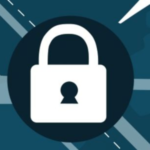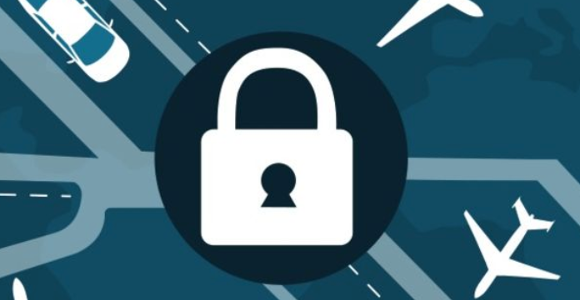
When a pandemic hits, governments often advise companies to effect work from home solutions to protect their employees from harm. However, as employees work from home, there may be concerns around cybersecurity. Working from home exposes business data to non-enterprise environments, a situation that can lead to data breach by cybercriminals. As a business owner, you must ensure that the actions of your workers don’t compromise your network security. With this in mind, here are five essential steps you can take to protect your data from cybercriminals and other unauthorized persons.
1. Update Business Software and Operating Systems
Before you allow remote working, consider updating the software and operating systems on your business computers and tech devices. Software updates contain essential changes that improve the stability, security, and performance of your computer devices. Additionally, they remove outdated features that could act as points of vulnerability.
Remember, cybercriminals exploit outdated software to effect data breaches and inject ransomware and malware into your computers through phishing emails and unsecured installations. Therefore, if you haven’t updated your operating systems and software, do so immediately. The process is relatively painless and takes only a few minutes.
2. Encourage Use of Secure Wi-Fi
When employees work from home, you have little control over the security of their internet connections. Some will work from coffee shops where they access public Wi-Fi. The problem with public connections is that hackers can position themselves between the user and the connection point. So, when someone feeds data to the computer, the hacker intercepts it and relays it to the server.
In the process, important information such as passwords may be intercepted. As a result, hackers can access your systems, manipulate data, or steal vital customer information. Avoid this by discouraging your employees from using unsecured and public connections. Instead, they should stick to secured, home connections. These connections should also have strong passwords to deter breach.
3. Discourage Use of Personal Devices for Business-Related Work
Working from home gives workers the freedom to utilize personal computers and mobile phones. Unfortunately, most people don’t secure their personal computers enough. They may have outdated software, which makes the PC vulnerable to attacks. What’s more, some people install software without establishing their authenticity. It’s easy to install software with malware and ransomware, and these can compromise your business data.
As much as possible, discourage employees from using personal computers for office work. You can organize for workers to take their work computers home for seamless workflow. Doing this will also make it possible for you to keep tabs on security issues arising from your work devices and address them promptly.
4. Use Virtual Private Networks (VPNs)
There are instances when using work computers at home is impossible. This is the case if workers use shared computers or if you have bulky monitors and CPUs which cannot be easily moved. In this case, train your employees on how to use virtual private networks (VPNs) for added security. A VPN uses advanced encryption protocols to secure data shared across public or shared networks. The VPN re-routes data and masks the original IP from the internet service provider.
Therefore, even if a hacker positions themselves between the user and server, the data is highly encrypted and unreadable. Since most hackers are after easy targets, they would rather discard the data than endure a lengthy decryption process. VPNs can also be used with office computers, especially if employees are on public or shared connections. However, when using office computers with a VPN, invest in a strong firewall that can handle multiple VPN connections.
5. Utilize Cloud-Based Storage Solutions
Despite taking the necessary measures to protect business data from cybercriminals, mistakes are bound to happen. It’s best to be prepared for the worst. One of the greatest risks of network breaches is the loss of data due to malware and ransomware attacks. Stay ahead of criminals by investing in cloud-based storage solutions. Instead of saving data on local drives, cloud solutions store the data in a remote location, which can be accessed by a smart device over the internet.
Cloud-based solutions act as a backup for your business data. Therefore, if a hacker uses ransomware to encrypt or destroy your data, you can have a backup source over the internet. Cloud-based solutions are managed by hosting companies, and the likelihood of a hacker accessing data is low. Find a suitable provider and set up frequent automated backups in all your business computers to ensure you always have a recent copy of your files.
Protect Your Business From Network Attacks
Protecting your business from cyberattacks is a crucial step in weathering the effects of a health pandemic. The last thing you need is for your operations to come to a standstill due to criminal attacks. Therefore, train your employees on these best practices to protect your network from vulnerabilities and secure business and customer data.

A WordPress Commenter says:
Hi, this is a comment.
To get started with moderating, editing, and deleting comments, please visit the Comments screen in the dashboard.
Commenter avatars come from Gravatar.